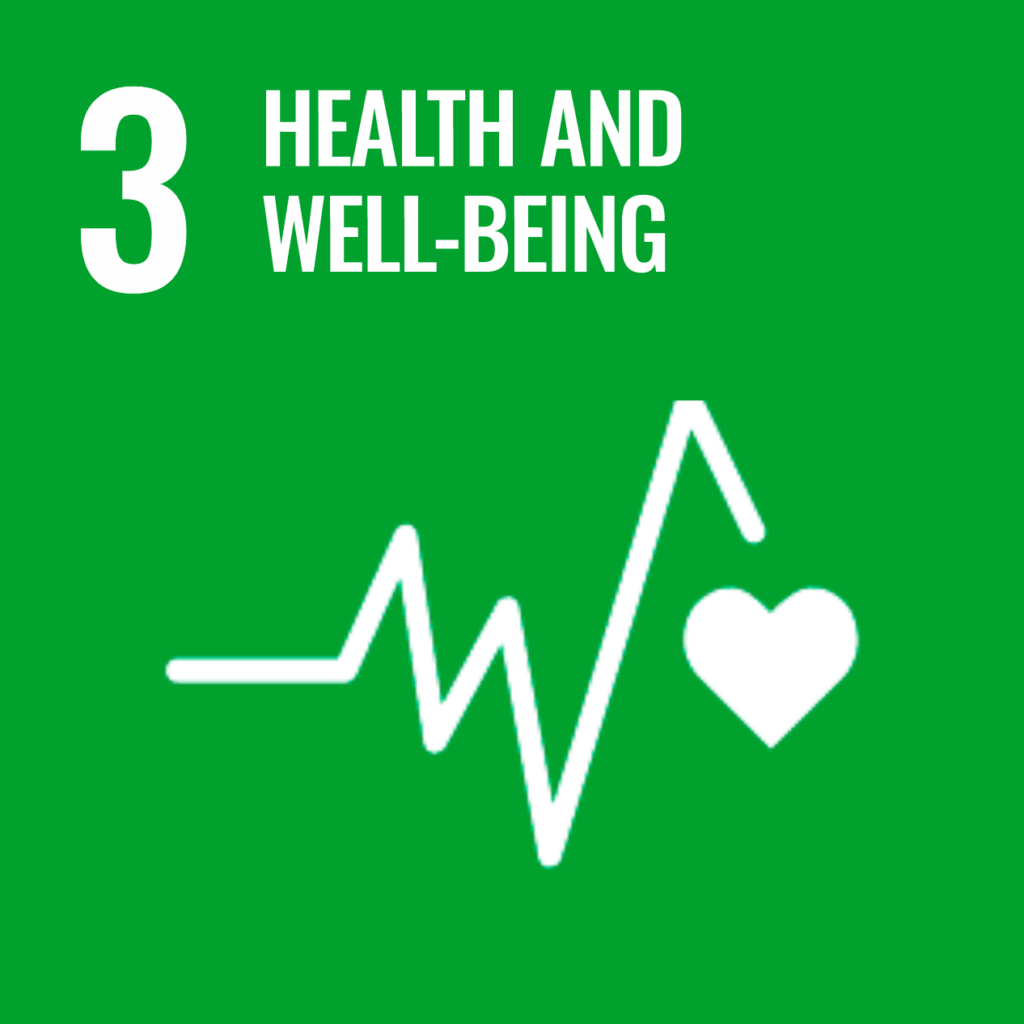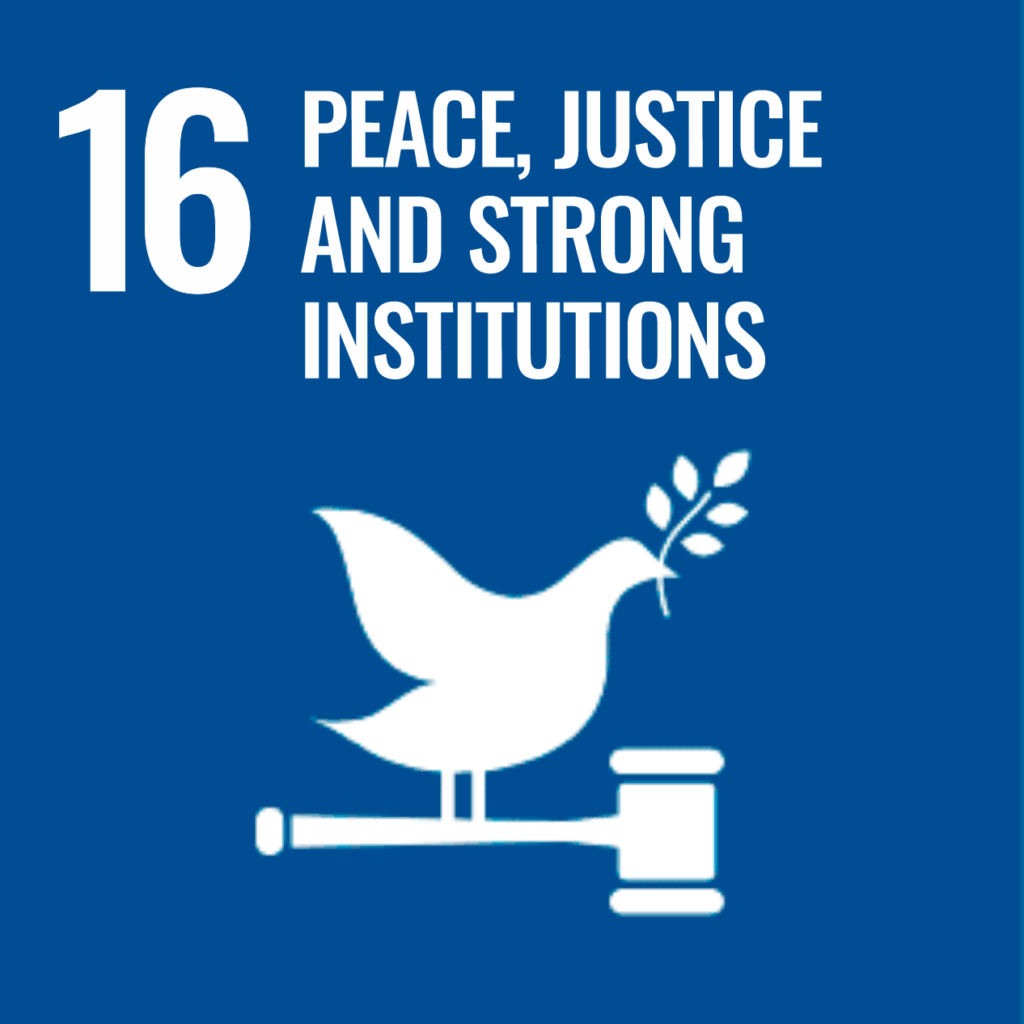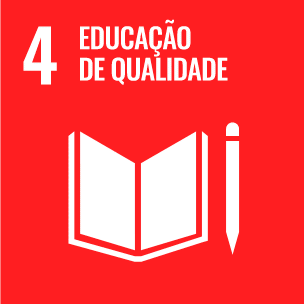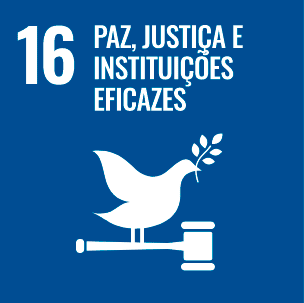ADI 5543
Direct Action of Unconstitutionality
Reporting Minister: Edson Fachin
This action also received the following seals:


CONTEXT
Infralegal norms from the Ministry of Health and ANVISA (National Health Surveillance Agency) established that men who had sexual relations with other men within a year prior to blood donation were not eligible to donate.
LAWSUIT
The lawsuit argued that these rules were discriminatory and violated human dignity and the fundamental right to equality (Articles 1, III, and 5 of the Constitution) of homosexual men, as sexual orientation should not be a criterion for defining a risk group.
RESULT
The STF declared the norms unconstitutional and recognized that an individual’s conduct should define the potential risk of the donor, not their sexual orientation. According to the Court, homosexual men cannot be treated “as dangerous, inferior individuals, restricting their possibility of being who they are, being compassionate, or participating in their political community.”
IMPACT

After almost four years in court, seven of the 11 Supreme Court justices voted in favor of overturning the guidelines that barred men who had sex with other men from donating blood for 12 months, effectively eliminating any waiting time. The Supreme Court ruled the ban unconstitutional, asserting it imposed restrictions on gay and bisexual men and violated their basic human dignity.

Attorney Rafael Carneiro, one of the authors of the lawsuit, celebrated the result, stating: “This is a breath of solidarity in times of a pandemic. This lawsuit was the result of research and dialogue with various segments of society and medical experts. We realized that the norm was based on a discriminatory and prejudiced premise that homosexuals are a risk group.”
ADI 6590
Direct Action of Unconstitutionality
Reporting Minister: Dias Toffoli
This action also received the following seals:


CONTEXT
In 2020, the Federal Government issued Decree No. 10,502/2020, which established the new National Special Education Policy (PNEE), instituting a preferential model of segregated classrooms and schools for students with disabilities across the country. This measure contradicted the guidelines of the UN Convention on the Rights of Persons with Disabilities, which Brazil has ratified.
LAWSUIT
The lawsuit argued that the new policy represented a setback compared to the previous Brazilian educational model, which prioritized the inclusion of students with disabilities in regular classes. It also emphasized that the preferential model of segregated classrooms and schools violated fundamental principles, such as the right to inclusive education for persons with disabilities (Article 3, IV, of the Constitution), as well as the principle of non-retrogression in human rights.
RESULT
The STF recognized the violation of the fundamental rights of persons with disabilities, who were hindered in their integration into regular educational institutions. With this decision, special schools and classrooms will be maintained only in situations where they are necessary for learning, not as a general rule. The issue was addressed in a public hearing at the Court, with participation from civil society and representative associations of the interested groups.
IMPACT

After Minister Toffoli’s decision, attorney Rafael Carneiro stated that the impacts of including persons with disabilities in regular educational institutions are “widely recognized by specialized organizations and are beneficial to all involved in the educational process.”

